Expensive mistakes people make when buying a home
Potential house-hunting pitfalls to avoid

House-hunting can be a fun and exhilarating experience, but it can also be a very stressful process that's fraught with pitfalls and hidden costs.
Nobody wants to waste money during the buying process, but unfortunately, many of us fall into the trap.
From failing to understand current market trends to skipping professional inspections, click or scroll through some of the most common costly mistakes people make when buying a new home...
Failing to get pre-approval

In most places, home-buyers can approach a mortgage lender to seek pre-approval. This essentially means you'll have proof from a financial body that you qualify to borrow the necessary amount of money to buy a home and that the lender believes you are capable of repaying the mortgage, based on your credit score, income and other key factors.
Being pre-approved will make you appear serious to the sellers and will also provide them with peace of mind that you're able to afford their home. In some cases, sellers are likely to accept an alternative offer from another buyer, if you don’t have the correct paperwork in place.
Overlooking current market trends

You may think that now is the perfect time to buy a new home, but if you overlook current market trends, you could end up spending way over the odds for a house that, in a few months, could be much cheaper. It goes without saying that property markets around the world can change quickly, fluctuating depending on economic conditions, politics, supply and demand and many other factors.
A seller's market occurs when there's a shortage of homes compared to the amount of people buying. On the other hand, a buyer's market is when there are more homes for sale than buyers. So, all potential home-buyers should do their due diligence and research the current state of their local housing market. A professional estate agent should also be able to advise on the best time to buy.
Not negotiating the price

Many people leave money on the table by simply failing to negotiate. Whether they're worried about offending the buyer or concerned about being outbid, some buyers offer the asking price without even thinking about it. But this could be an expensive mistake.
Your house is likely to be the biggest purchase you ever make, which means shaving even 1% off the asking price will represent a huge saving. Do your research and consider putting in an offer. What's the worst that could happen?
Not putting in an early low offer

Well, it is possible you could offend your buyers – but that's only a concern if you make a ridiculously low offer. Be guided by the estate agent, who will know the circumstances of the sale and whether or not the sellers are in the position to take a low offer.
In some circumstances – like if the house is particularly tricky to sell or the sellers are going through a divorce – they might bite your hand off.
Skipping professional inspections

Before buying a home, it's vital that you understand its condition and any potential problems. Depending on where you live in the world, the standards for inspections will vary, but for the most part you'll want to organise a homebuyer's survey or general home inspection.
This will be conducted by a certified examiner, who will look at almost every aspect of the property, from the structure to the roof, the heating system and electrics. Even if your financial lender doesn't require you to book in an inspection, it's still well worth doing, as it will uncover any major issues and stop you from getting saddled with a money pit.
Failing to negotiate repairs
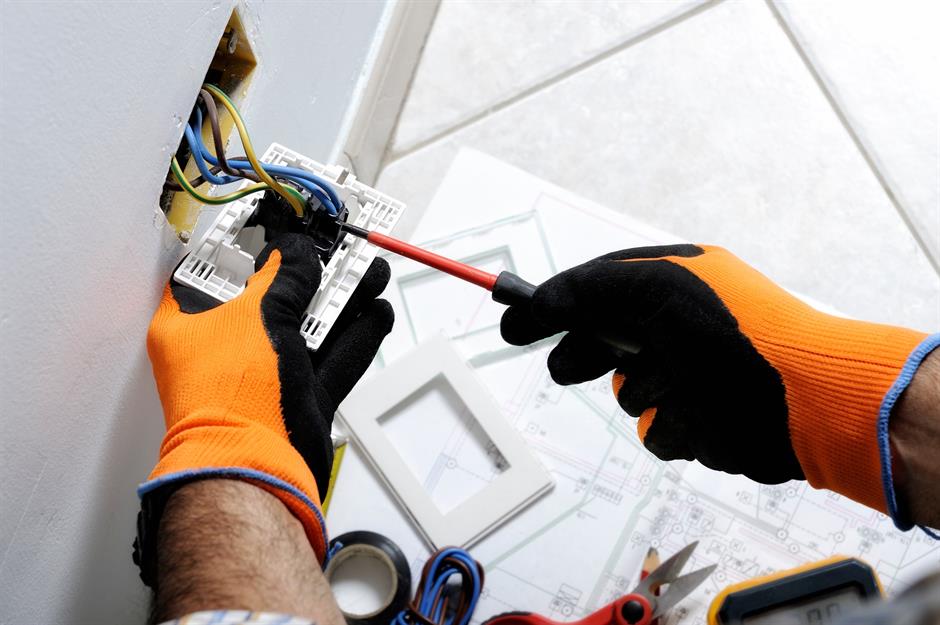
If your home survey reveals any issues, you may need to fix them before your mortgage lender will release the funds. Therefore, you'll want to negotiate with the seller, who can either pay for the repairs themselves or offer you a discount to cover the cost.
Your estate agent should be able to help with this – negotiating such things can be tricky, so it’s best left to the professionals. Your agent will work with the seller’s agent to reach an agreement that all parties are happy with. Plus, they'll know what is and isn't reasonable to expect the seller to pay for. Failing to negotiate on repair works will mean you’re lumped with a big bill later down the line.
Being scared to commit early on

When it's time to go house-hunting, we expect it will take a while. So, when the perfect house comes along after a week or two, it can feel too good to be true, but it's important to trust your instincts.
If a property is right for you, don't hang back because of worries that there might be something better out there for you. There are sad cases where people have overlooked their dream house early on and spent years trying to find something comparable, only to discover that the market has moved on.
Holding out for the perfect home

On that note, you don’t want to be too picky. Rarely will anyone find a truly perfect home that ticks every single box on their wish list. It's worth having an idea of your non-negotiables, like school district proximity or a garden, but be open-minded about the rest.
In many cases, there'll be a workaround anyway. Bad décor can be updated, power showers can be installed and awkward living spaces can be reconfigured.
Only looking online

In a world of technology, it's understandable that the first thing many buyers do is log onto Rightmove, Zillow, or similar, every morning. But if you're doing that and not having much luck, it could be time to go old school.
In a hot property market, many listings get snapped up before they even make it online. So, get to know your local estate agents and ask to be put on their mailing lists. You could even go a step further and pop letters of interest through the post boxes of houses you're particularly keen on.
Buying the wrong fixer-upper
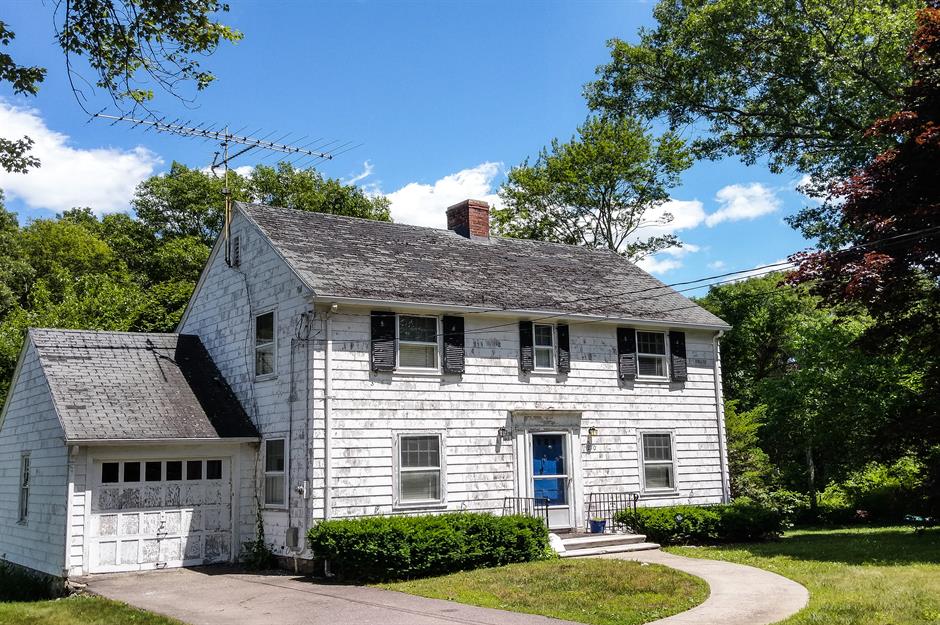
While purchasing a fixer-upper can be a smart move if you've got the skills and knowledge, it can also be a financially ruinous move. In most countries, many jobs will need to be carried out and signed off by professionals in order to meet building regulations and codes.
Taking on too much of a project can end up costing a lot of money and many people who hope to make a quick buck end up losing out.
Looking at only perfect properties

On the other hand, you could be holding yourself back by only looking at properties that are move-in ready, with décor to suit your taste already in place.
While a full-on renovation job might not be for everyone, a house in need of a little TLC isn’t beyond the scope of most people. By only considering picture-perfect properties, you’ll discount a whole portfolio of homes that could be the ideal match for your lifestyle and cheaper to buy. An easy fixer-upper will allow you to put your own stamp on the place and add real value when it comes to selling up.
Focusing on the finishes

We get it. Herringbone floors, marble countertops and a converted gym room are all very exciting. But these are the cherry on top and you should try not to get entirely seduced by them.
More important factors, like location and layout, should take precedence, as getting these elements wrong will cost you more in the long term. Plus, you can always add exciting flourishes once you get the keys.
Not being registered to vote

In some parts of the world, being registered to vote can aid with buying a home. For example, in the UK, one of the quickest ways for a mortgage lender to check your identity is to see whether you're on the electoral roll.
If you're not, your application will likely take longer, which could mean you miss out on a steal of an interest rate. It might also negatively impact your credit score. Not registered? Head to your country's government website to sign up.
Not improving a bad credit score

Speaking of your credit score, you'll want to make sure yours is looking shipshape before you start delving into the world of mortgages and house loans. Unfortunately, if you apply with a bad credit score, you may get rejected, which will further worsen your credit score and limit your options down the line.
Instead, get your ducks in a row by checking your current score and addressing any issues that might be standing between you and your dream pad as early as you can. It could take a year or more to build it back up.
Underestimating overall costs
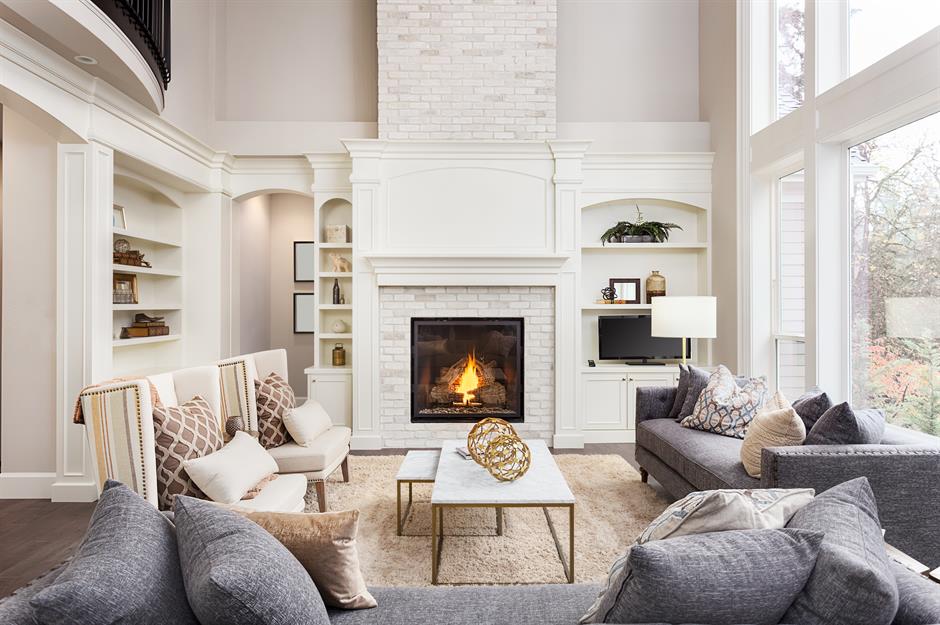
First-time buyers are especially guilty of this one; it's understandable, as just getting together a deposit is challenging enough. But unfortunately, there are a few more costs you'll need to take into account when buying a home and failing to do so may stall the house-buying process and result in you having to make some expensive decisions (such as taking out an additional loan).
Some of the major costs include house surveys or inspections, conveyancing fees and insurance. You may also be surprised by stamp duty (UK only), transfer fees, moving costs and the general expense of furnishing a new home. So, proceed with caution.
Not using a mortgage broker

Mortgages are a minefield. Your choice is to trawl through the options yourself or outsource all that hard work to someone else. While it sounds counterproductive to suggest you'll save money by hiring a professional mortgage broker, you'll save time and get access to more products.
This means you could end up saving money in the long term with a lower interest rate and avoid any pitfalls, thanks to their years of experience. They can also sometimes offer deals or bundles on other products, such as insurance.
Using the wrong solicitor

Legal fees can stack up quickly when moving homes, so it’s worth keeping them down wherever you can. In the UK, some lenders will recommend a solicitor for you to use, but it isn't always worth going with their option.
In many cases they won't be local to you, meaning all communication will be done over email or the phone, which can lead to delays. Whatever you do, make sure that your solicitor is on the approved panel for your mortgage lenders, otherwise you'll have to pay extra to have them instructed.
If you live in the US, you may wish to approach an attorney to have them look over the title deeds and documents to ensure the paperwork you're thinking about signing is fair.
Being confused about leasehold and freehold
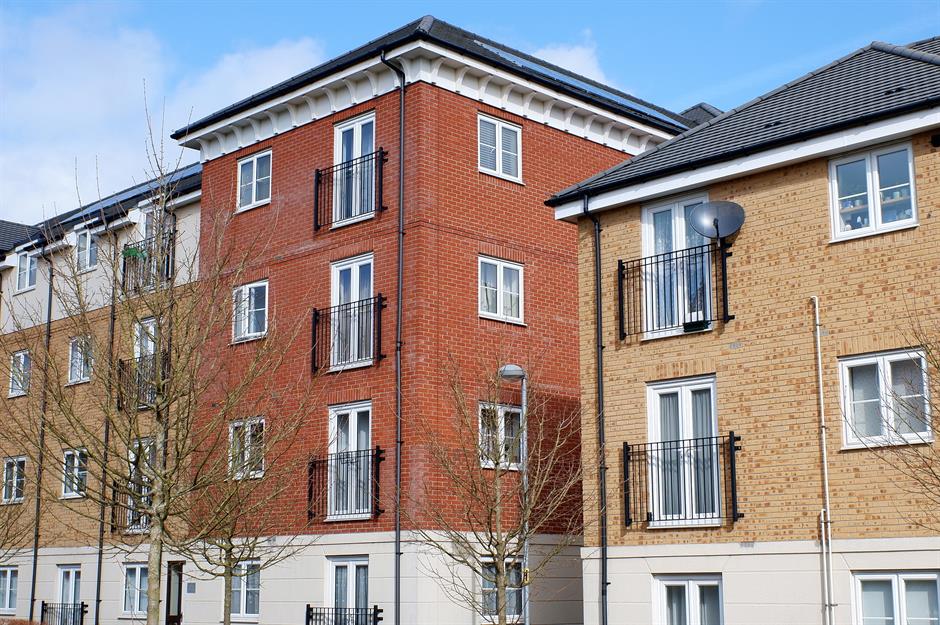
It's worth clarifying whether you're buying a leasehold or freehold property before you sign anything, as there are big financial ramifications. With a freehold, you own the property and the land it sits on outright, once the mortgage is paid off, of course. With a leasehold, you don't have ownership of the land but instead are paying to lease the property for a set period of time – say 100 years.
In some cases, leasehold property owners are required to seek permission from the freeholder to make alternations to the home and you may also be subject to ground rent and other service charges.
It's also worth noting that leases can be very expensive to renew and if your lease falls below 80 years, the cost of extending it will increase dramatically. This can mean you're left with a big bill you can't pay or will struggle to sell the property.
Getting the wrong mortgage

A mortgage agreement document is a boring thing. Nobody is denying that. But it is well worth combing through it in full so you don't get any nasty surprises down the line.
For example, most people won't want to sign up to an interest-only mortgage. While you'll be paying lower monthly payments, you won't be paying anything against the principal of your mortgage, so you will never actually own the property. It's therefore always worth seeking advice from a professional financial advisor or mortgage specialist.
Overspending
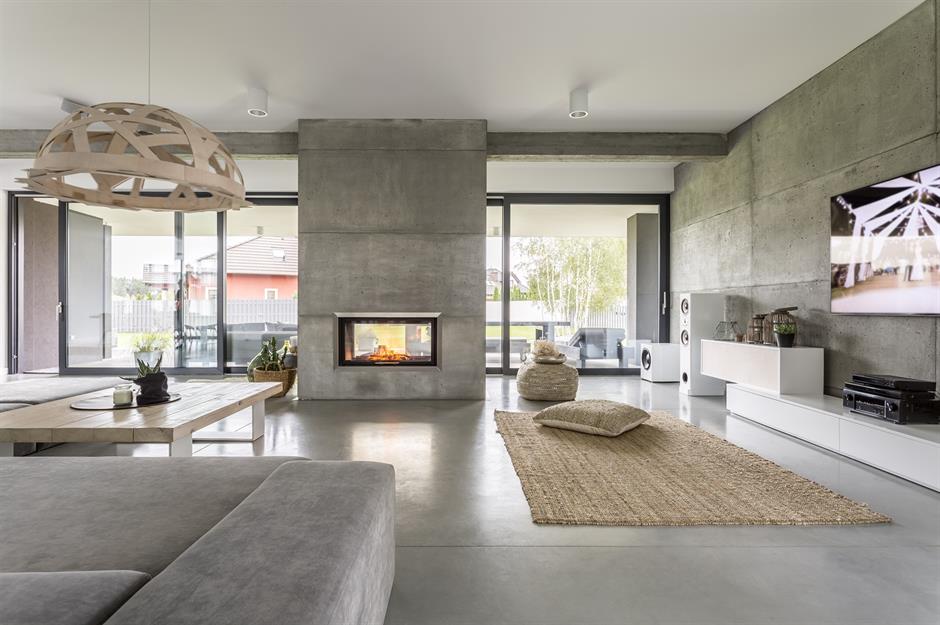
It can be tempting to buy at the top end of your budget. You can, after all, technically afford it. But it’s worth stress-testing your salaries to see if you can still afford it in the event of a job loss or a hike in interest rates.
A monthly repayment of £1,000 ($1.3k) might seem affordable, but if your interest rate is hiked from 1.5% to 5.5%, you'll be paying a third more at £1,535 ($2k). Plus, you should also take into account other monthly costs, such as utility bills.
Ignoring your head for your heart
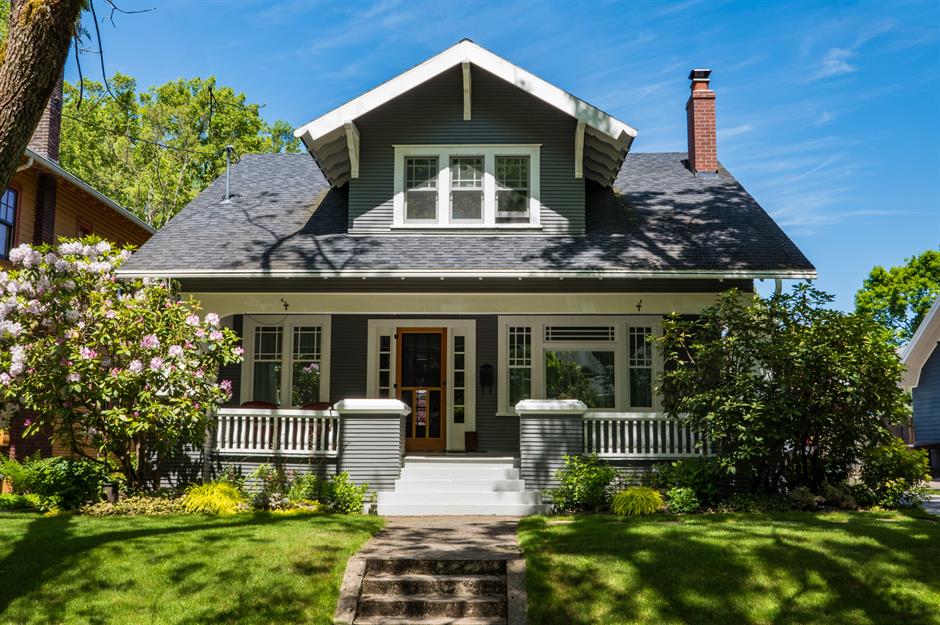
Perhaps it's a traditional country cottage or a city skyline view from a swish apartment but certain features are bound to seduce the buyer. Whatever it is, try not to let your heart overrule your head.
Buying a house based on emotion could cost you if the lifestyle it affords you doesn't match up with your expectations. While you shouldn't discount your emotions, you should weigh them up against your list of agreed priorities. It doesn't matter how good the view is if it’s in a bad spot and the roof needs replacing.
Putting down a small deposit

If you can get away with a smaller deposit, you might be tempted to keep the extra. But over time, that decision will cost you money.
Generally speaking, the higher your deposit, the better interest rates you'll get. You can also afford to bring down your mortgage to a shorter term and get it paid off quicker.
Not thinking about your next step

Buying and selling homes is expensive, so to save money you don’t want to do it more often than is strictly necessary. You can help limit the number of times you do it by anticipating your next moves, at least in the mid-term.
We’re not saying you need to buy a place that will suit you in retirement, but a couple in their 30s who would one day soon like children and a pet dog might consider a starter home, rather than an apartment that they will likely grow out of in the next few years.
Rushing in

While it might be tempting to rush into putting in an offer on a house you love, it isn't always the best move. At the very least, you should take a night to digest the viewing and sleep on it. In the morning you should wake up with a clearer idea of how you want to proceed.
While it may mean you could miss out on certain houses, it will stop you committing to a property that isn't right for you.
Compromising (too much)
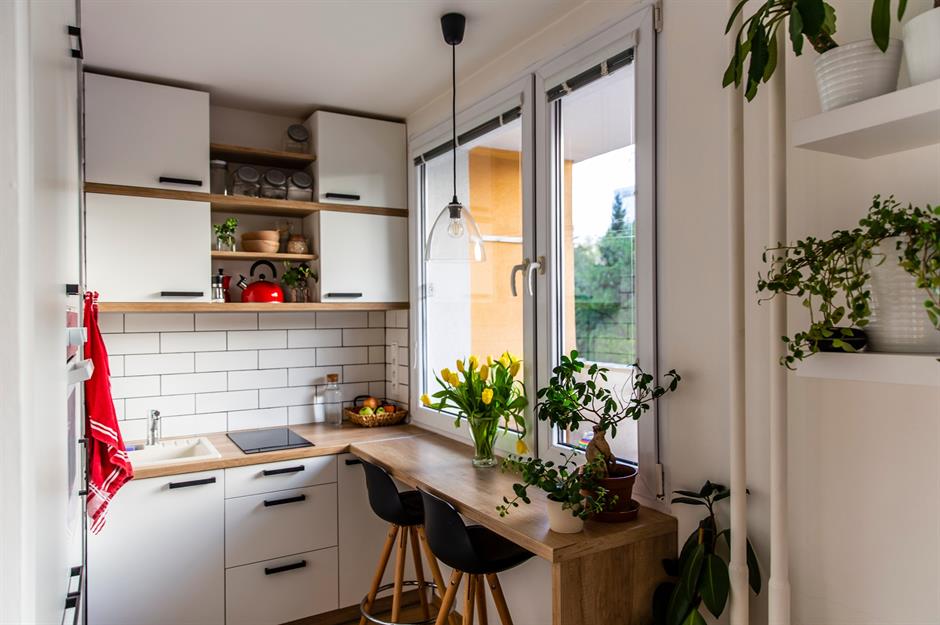
Once you've been searching for a while, you might feel drawn to put an offer on a house that isn’t right for you. And while we're all for making compromises, you don't want to buy a house that is full of them.
Moving into the wrong house is an expensive mistake to make. Instead, if you've been searching for a while and nothing is coming up, perhaps it's time to rethink. Is there a cheaper area you could look at? Could you look at smaller properties with the view to extending down the line?
Not checking building regulations approval
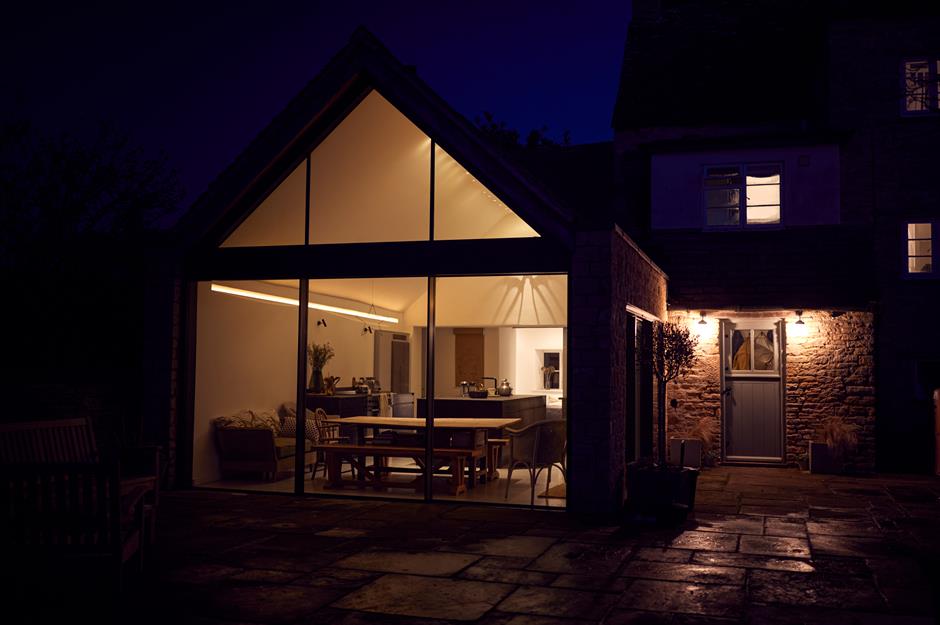
In the UK and US, and potentially other countries, if the property you are interested in has had building works carried out – such as a new extension – and the previous owners didn't apply for the necessary permits, planning permission or building control consent, you may be at risk of invalidating your insurance.
That's because the insurance company may refuse to pay out without the appropriate paperwork. On top of that, you may also need to pay to have shoddy work bought up to standard and, in severe cases, you may be forced to remove the illegal work.
Buying a non-standard property
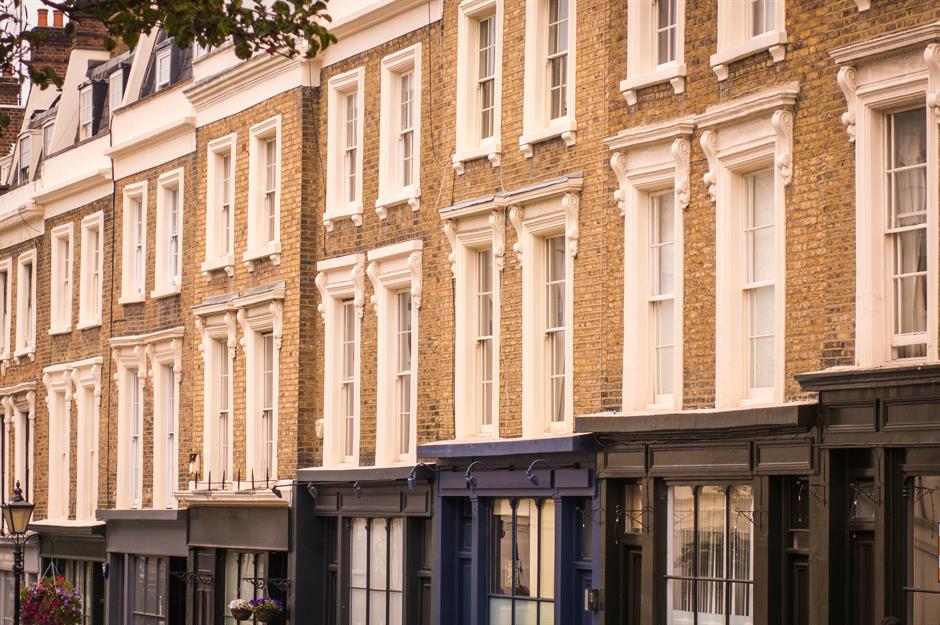
Some properties are not as easy as others to get a mortgage on. In the UK, houses not built out of brick or stone with a slate or tiled roof are considered non-standard. Certain lenders also aren't keen on lending on commercial buildings or flats above a shop. This is because, from the lenders' point of view, they are at a bigger risk of issues outside the owners’ controls, such as security breaches.
Likewise, lenders often won't lend as much on new builds, to protect themselves against the property losing value or stalling in the first couple of years.
Not thinking about the resale

Most house-hunters get swept up in the search and forget that, in all likelihood, they'll probably sell their home at some point in the future.
So, it's worth taking into account how easy the house will be to shift later down the line, should you want to move or downsize. One of the biggest factors here will be the location. Is it a popular spot for buyers? If so, selling it should be easy.
Not considering the neighbourhood

If you're moving to a new part of the country, or an area you're not familiar with, you'll want to spend extra time making sure you get to know the neighbourhood first.
Moving to a new-to-you place and finding out you don't like it is a costly mistake, as we all know moving is an expensive process. Before you sign anything, make sure you check out the area in the day and at night, ask locals what they think and research what house prices have been doing in the area in recent years.
Love this? Take a look at more advice on buying and selling houses
Comments
Be the first to comment
Do you want to comment on this article? You need to be signed in for this feature